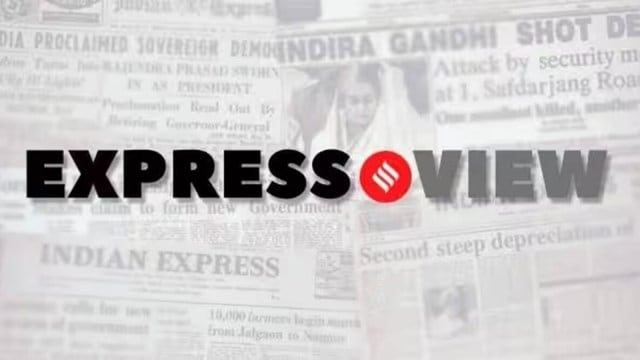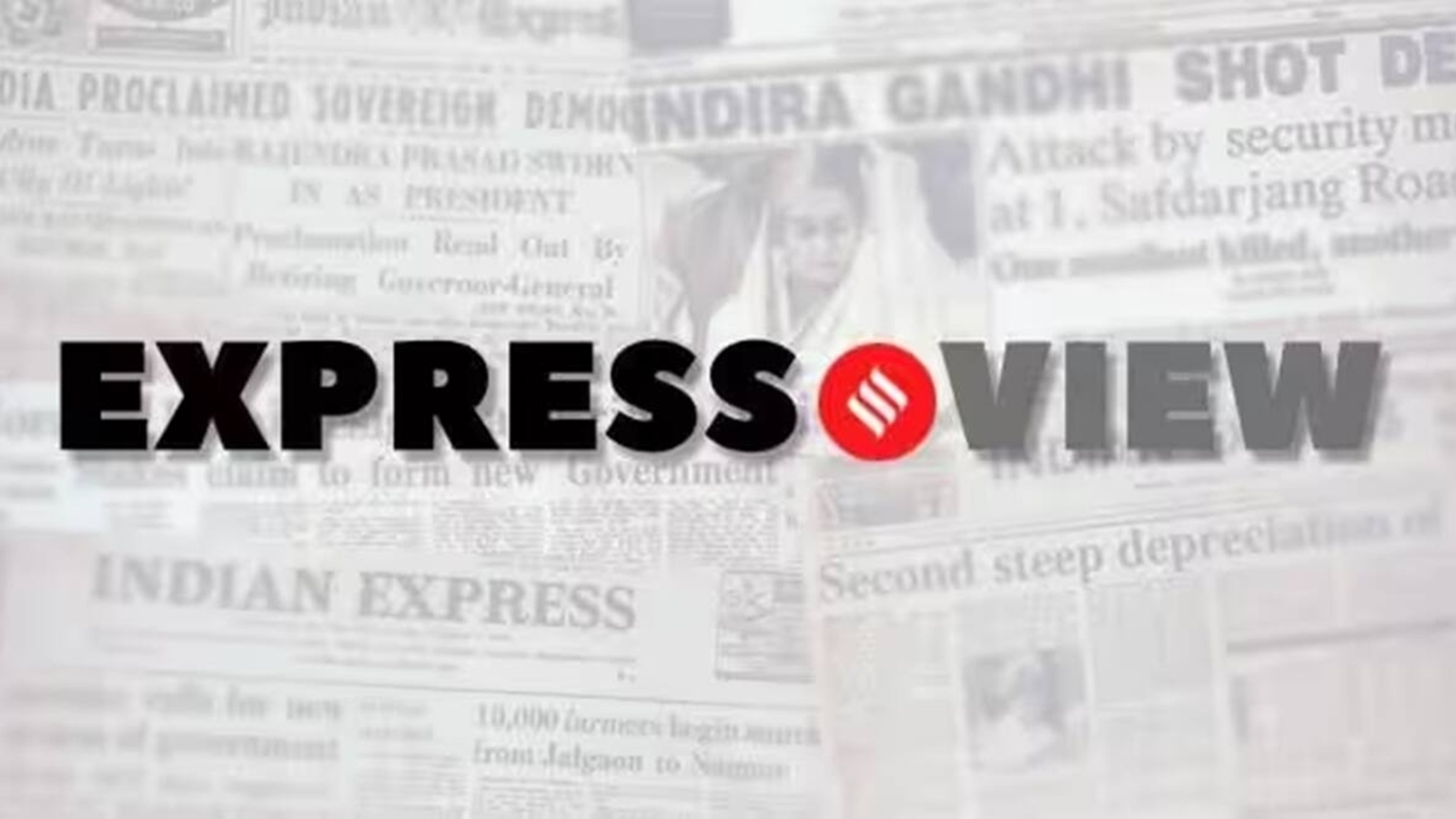
All humans imagine hell. From Dante to Salman Rushdie, from European to Egyptian civilisations, everyone has their own idea of hell. The Anda cell was just that,” G N Saibaba recollected in an interview to this newspaper, a few weeks after he was acquitted by the Nagpur Bench of the Bombay High Court in March. The Court’s two-judge bench had described the former Delhi University academic’s incarceration as a “failure of the justice system”. These words resonate poignantly, after Saibaba died on Saturday due to complications following a surgery for gallbladder stones, aged 57. His untimely death should bring a sobering moment for the state which, as the HC pointed out, did “not follow due procedures” in charging the English lecturer under stringent UAPA provisions. It should haunt the criminal justice system, which heaped indignity on the wheelchair-bound academic by detaining him in a cramped egg-shaped concrete enclosure meant for terrorists and high-security convicts. Saibaba’s demise should occasion urgent rethinking and reflection in the judicial system. For, though the HC verdict was a welcome affirmation of the rule of law in a constitutional system, it came after 10 long years. In this period, the Nagpur Bench had rejected several bail pleas by Saibaba’s lawyers, including those on health grounds.
Saibaba was arrested in May 2014 and charged by the Maharashtra government with alleged Maoist links. He was convicted by a trial court, three years later. However, in October 2022, a two-judge bench of the Mumbai High Court set aside the order on the ground that the state did not take proper sanction before arresting the academic. Barely a few hours after the verdict, however, the government sought a stay. The SC, in a rare and unusual decision, constituted a Special Bench, which sat on a Saturday morning and suspended the Bombay HC ruling. Six months later, in April 2023, another SC Bench sent the case back to the Mumbai HC. In March, the HC not only reiterated its previous ruling, it also came down heavily on the state for failing to back its charges with sound evidence. The Maharashtra government had argued that under UAPA, the burden of proof shifts to the accused if “certain articles such as explosives are found at the site of the offence”. But in court, it produced only electronic documents and a few pamphlets. In a resounding rejection of the state’s case, the court ruled that merely “downloading material about the philosophy of Naxalism” or even “sympathising” with the ideology should not invite arrest under UAPA. It dismissed the allegations as “vague”.
As Saibaba told this paper, he “lost much more than the 10 years” he spent in jail. He talked of the pain of not meeting his mother before she passed away. Delhi University’s Ram Lal Anand College terminated his services and Saibaba’s medical complications became more severe. Today, when Saibaba is no more, the judiciary would be failing its constitutional role if it doesn’t find ways to correct a system in which hard laws are invoked indiscriminately and, all too frequently, justice is denied through delay. It is, yes, a matter of the citizen’s life and death.
© The Indian Express Pvt Ltd
First uploaded on: 14-10-2024 at 02:17 IST


